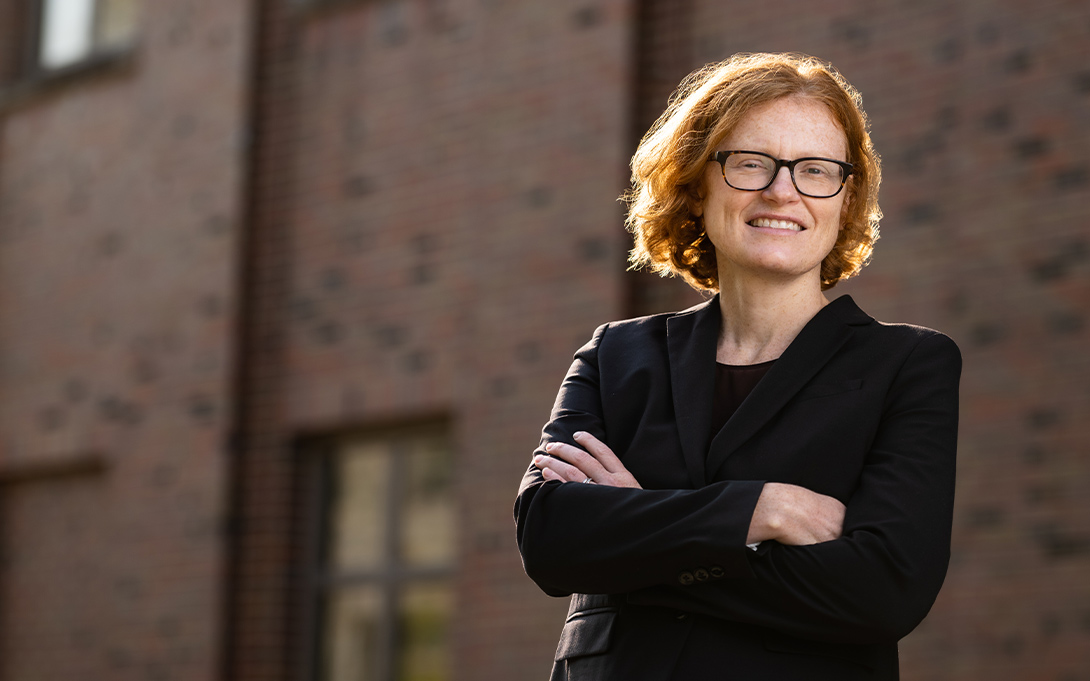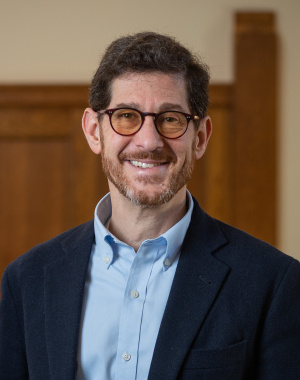
Christina Weiland, is well-known in the Ford School community, as she has been co-leading the University of Michigan’s Predoctoral Training and Postdoctoral Training Programs in Causal Inference in Education Policy Research and the Education Policy Initiative. Her research focuses on the effects of early childhood interventions and public policies on children’s development, especially on children from low-income families. As courtesy faculty, she deepens the Ford School’s strength in education policy.
Ford School: Your work centers on early education policy and practice, on how to scale opportunity and high-quality learning to more young children. What are you working on now?
Within public preschool in particular, to close early learning gaps, we can’t just expand access – we have to figure out how to scale quality too. With partners at the Boston Public Schools Department of Early Childhood, MDRC, and Harvard and with UM students, I’m currently working on a study of how to scale Boston’s innovative prekindergarten model to community-based preschools across the city, and another study of the effects of Boston’s aligned prekindergarten through second grade curriculum on children’s learning. Currently, we are trying to support district staff in planning for fall given COVID-19 and figuring out how to pivot our planned work to capture children’s and teachers’ experiences during this unprecedented time.
Ford School: What courses do you enjoy teaching?
My favorite course to teach is Causal Inference in Education Policy Research (PP/Ed 712). I have co-taught it previously with Sue Dynarski and Brian Jacob. I love it because we integrate theory and policy context in education with causal methods, with the goal of teaching students how to identify good questions and how to answer them using rigorous quantitative methods. It's also a course in which students tend to have a lot of “a-ha! moments” and go on to use course content to conduct their own studies or in their next jobs. Plus, to teach why early interactions are so important in the early childhood unit, I get to show baby videos!
Ford School: What do you do for fun?
I have an 8-year-old and a 7-month-old so there is a fun surplus in our house. Backyard water fights with the 8-year-old and just throwing toys on the floor with the baby have been terrific breaks from the constant juggle and demands in the pandemic.
Ford School: Is there anything else you’d like to share with us?
I love meeting students – come say hi! I am especially delighted when I meet anyone from Appalachia (I am a first-generation college graduate from rural West Virginia).
